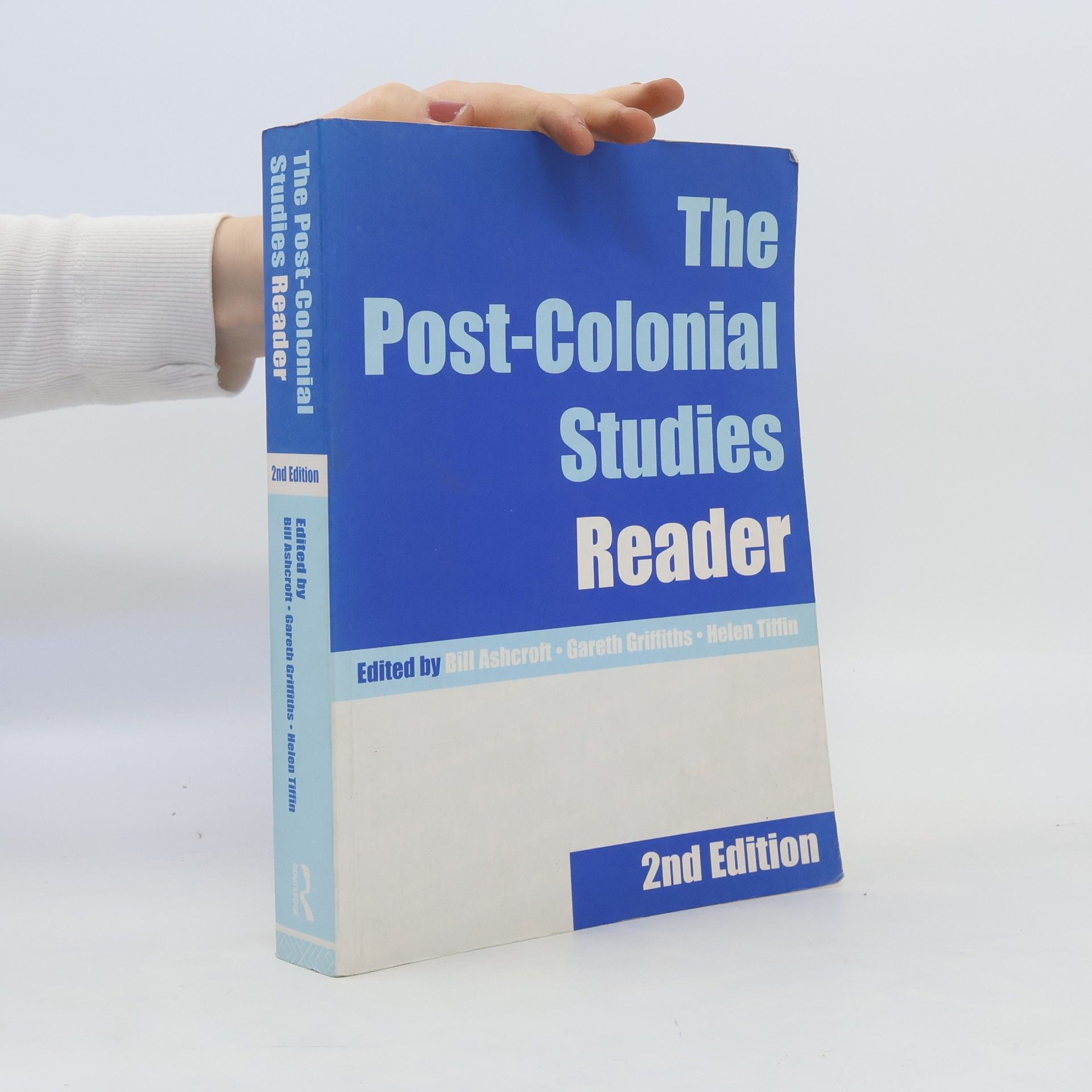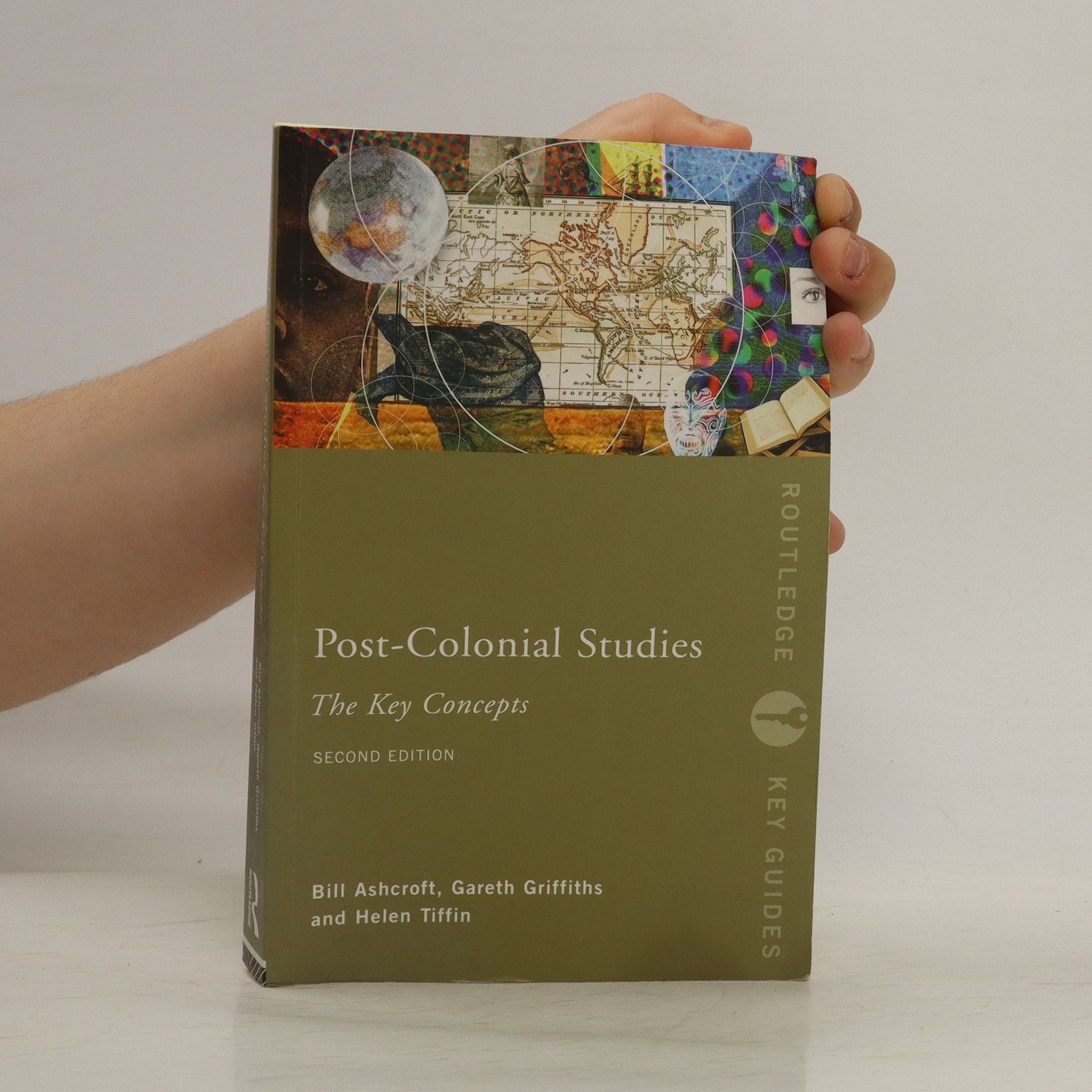This comprehensive series offers critical introductions to major literary genres within their historical contexts, covering both English and American literature. It includes analyses of various periods, criticism, literary theory, and insights into intellectual and cultural backgrounds. Each volume features an extensive reference section, making it a valuable resource for students. Ultimately, the series aims to provide a thorough guide to literature from Anglo-Saxon times to the present, catering to a wide range of literary interests.
Gareth Griffiths Livres




Post-colonial Studies
- 292pages
- 11 heures de lecture
Previous ed. published under title: Key concepts in post-colonial studies.
The Post-Colonial Studies Reader
- 618pages
- 22 heures de lecture
Boasting new extracts from major works in the field, as well as an impressive list of contributors, this second edition of a bestselling Reader is an invaluable introduction to the most seminal texts in post-colonial theory and criticism.
The experience of colonization and the challenges of a post-colonial world have produced an explosion of new writing in English. This diverse and powerful body of literature has established a specific practice of post-colonial writing in cultures as various as India, Australia, the West Indies and Canada, and has challenged both the traditional canon and dominant ideas of literature and culture. The Empire Writes Back was the first major theoretical account of a wide range of post-colonial texts and their relation to the larger issues of post-colonial culture, and remains one of the most significant works published in this field. The authors, three leading figures in post-colonial studies, open up debates about the interrelationships of post-colonial literatures, investigate the powerful forces acting on language in the post-colonial text, and show how these texts constitute a radical critique of Eurocentric notions of literature and language. This book is brilliant not only for its incisive analysis, but for its accessibility for readers new to the field. Now with an additional chapter and an updated bibliography, The Empire Writes Back is essential for contemporary post-colonial studies.